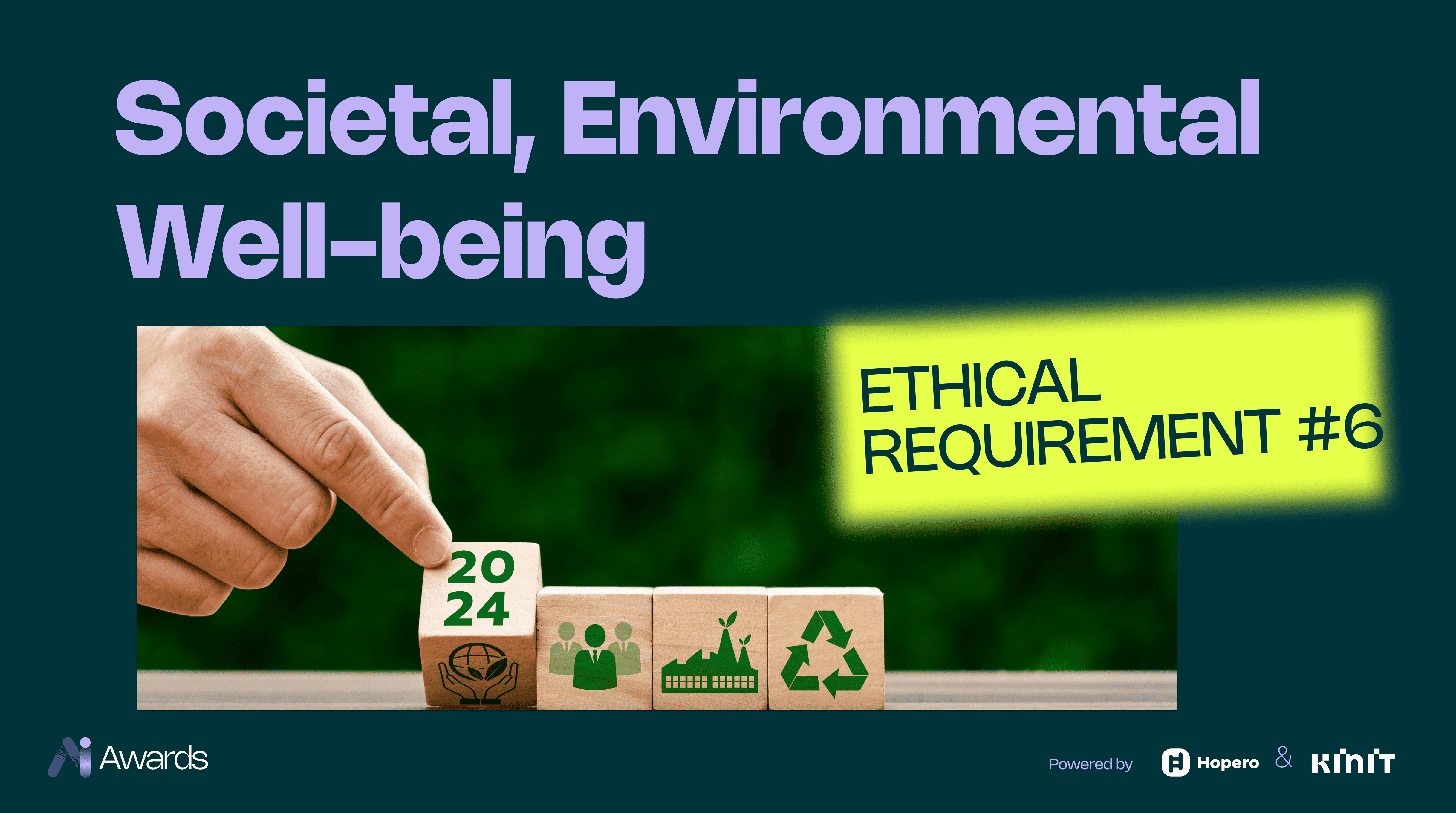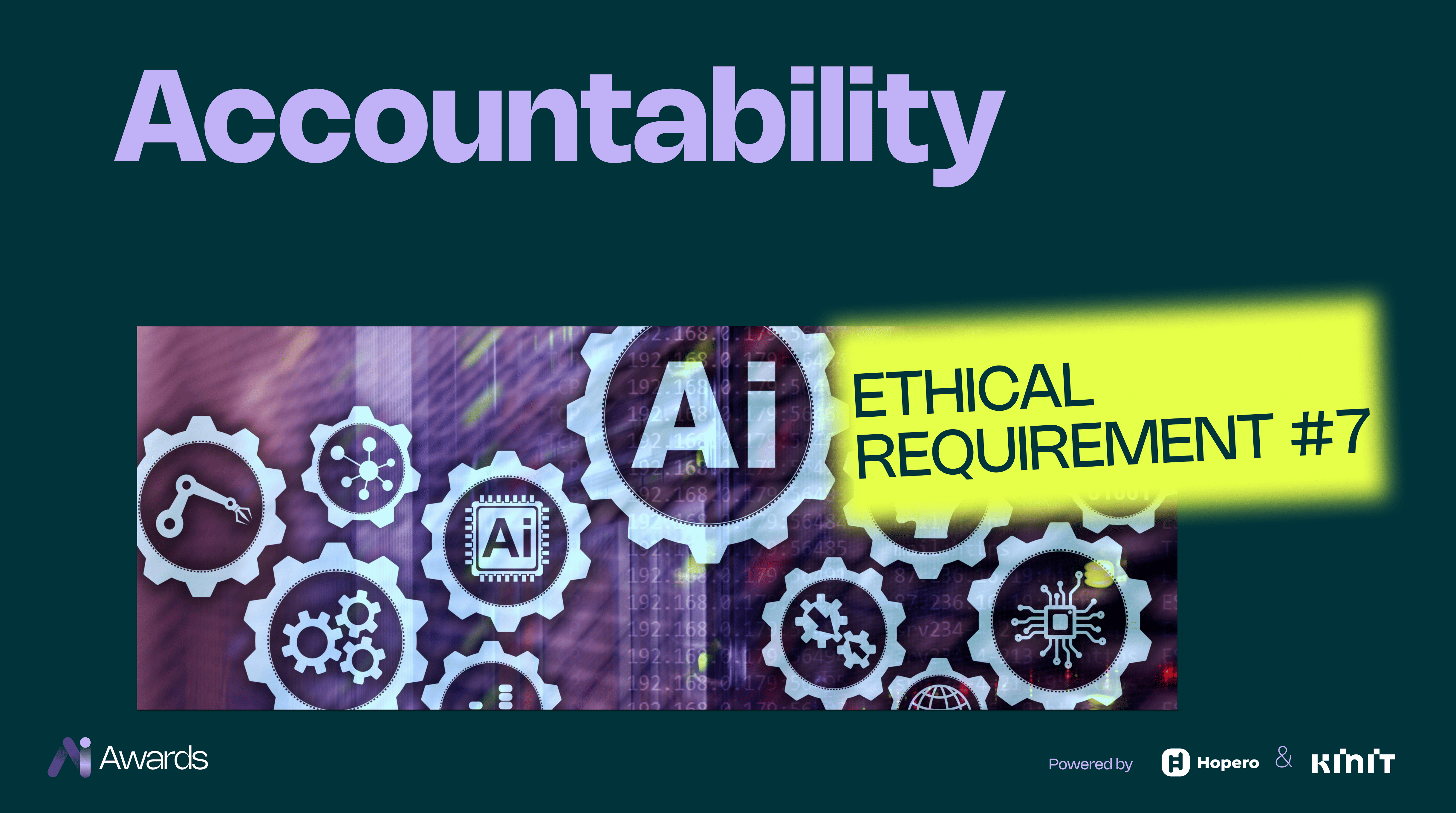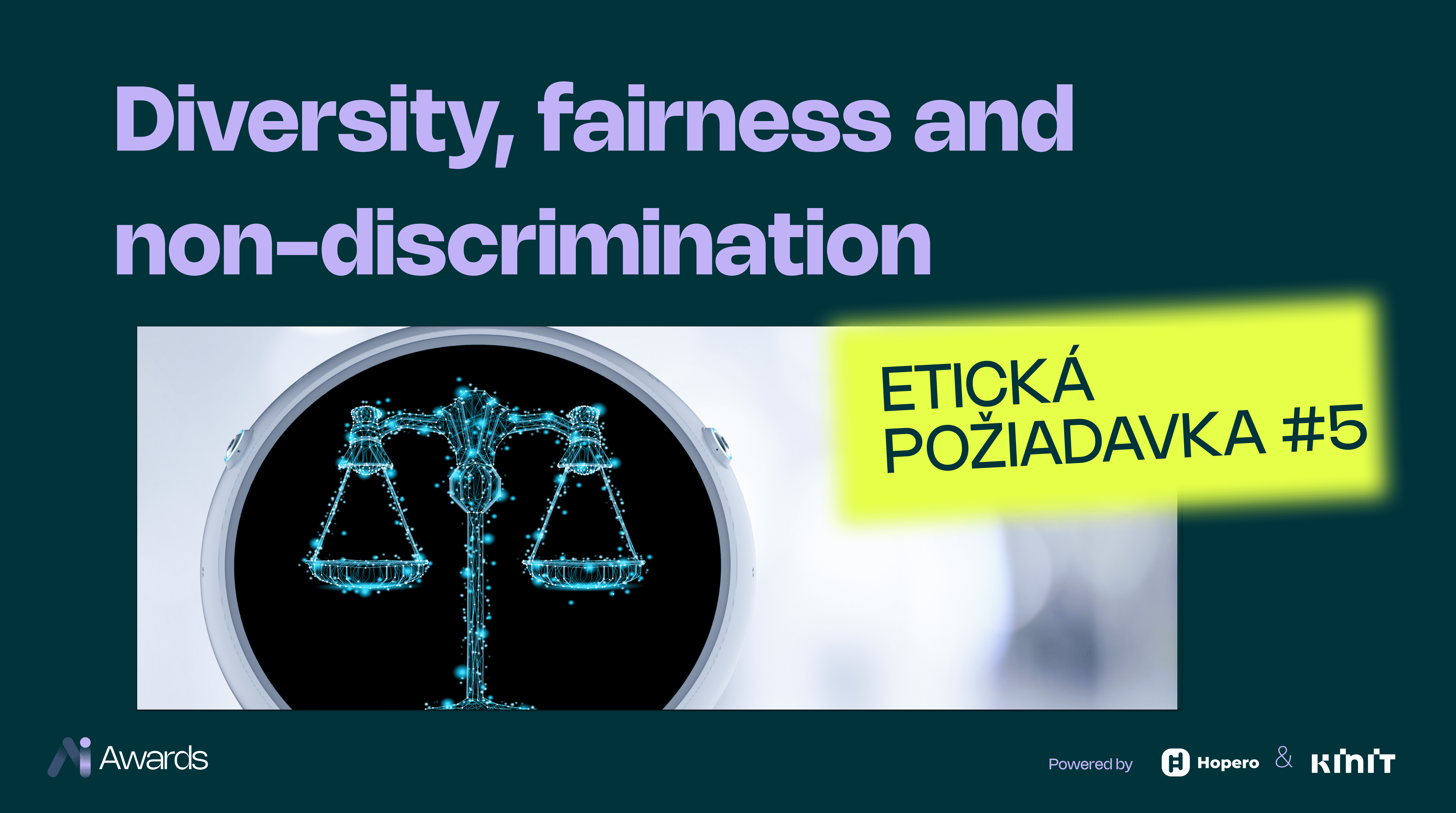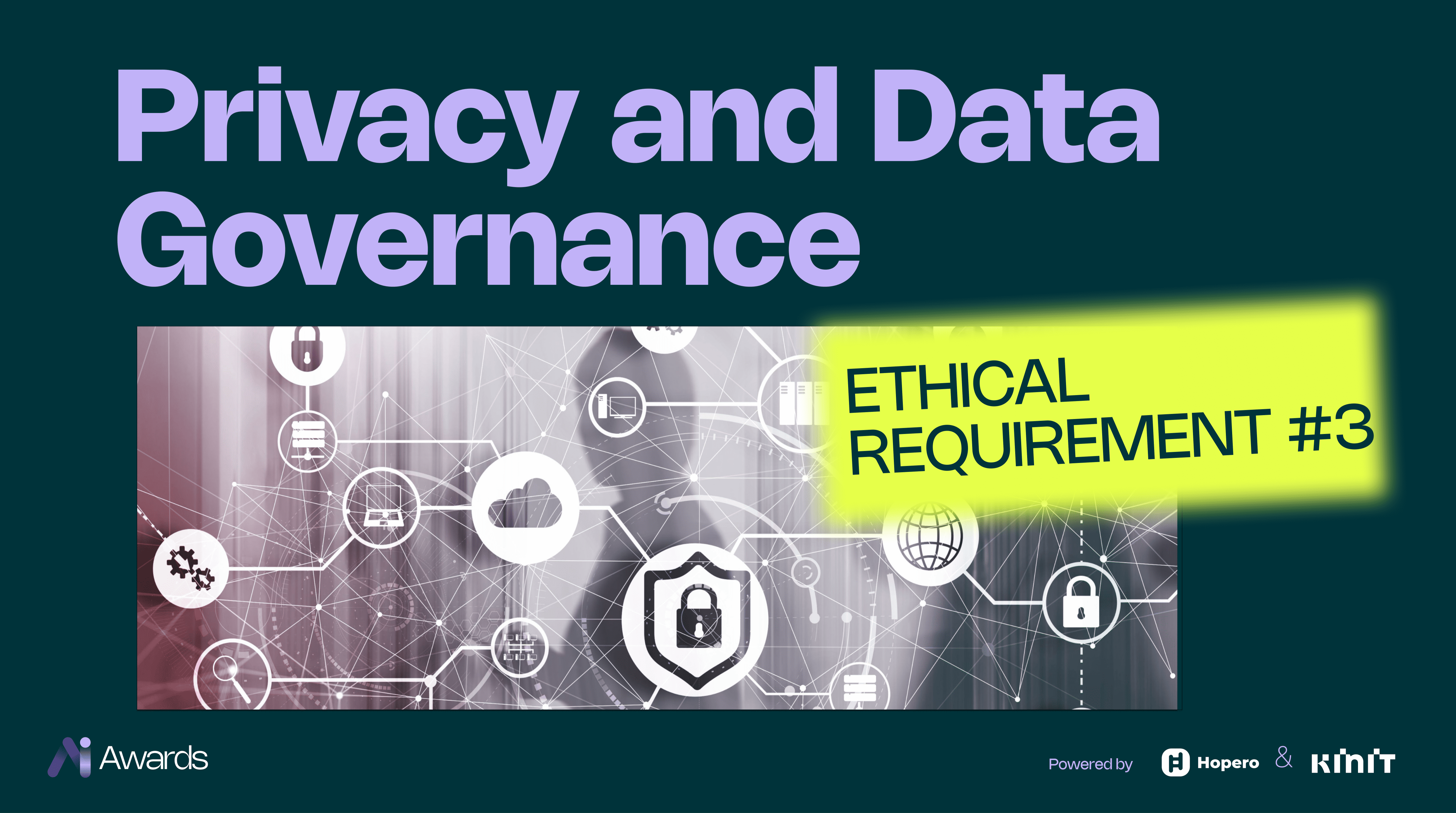In addition to economic development, the development, deployment and use of artificial intelligence systems can also bring fundamental social and environmental impacts. It is therefore important that, during the entire life cycle, special consideration is given to the broader consequences of artificial intelligence for society, but also for the environment.
Today, artificial intelligence systems represent hope for solving some of the most pressing social issues, such as the ecological crisis or unequal access to education. However, it should not be forgotten that even when fulfilling such lofty goals, it is important that they are achieved in a way that does not limit other social values or lead to other negative externalities. For example, the sustainability and environmental friendliness of the entire supply chain becomes key. We should always ask if there aren’t more appropriate and gentler approaches to achieve the stated goals, for example if we already know today that training and running large models consumes a lot of resources that can be disproportionately high to the results achieved.
The growing ubiquity of artificial intelligence systems – whether in education, in the work process, in health and social care, or in entertainment – can also change our understanding of social and interpersonal relationships. Artificial intelligence systems can be used to improve social skills, but they can also contribute to their deterioration or the loss of some important social competencies. It is also important to ask how artificial intelligence systems can affect public institutions and their trust, or democracy and the enforcement of the rule of law. Today, we already know cases where artificial intelligence systems have been reduced to unfair political competition, not to mention the manipulation of public opinion through the targeted dissemination of disinformation narratives. It is therefore crucial that the deployment of such systems is carefully considered, especially in situations related to the functioning of democratic processes, whether in the creation and implementation of policies or in the realization of political and social elections.








